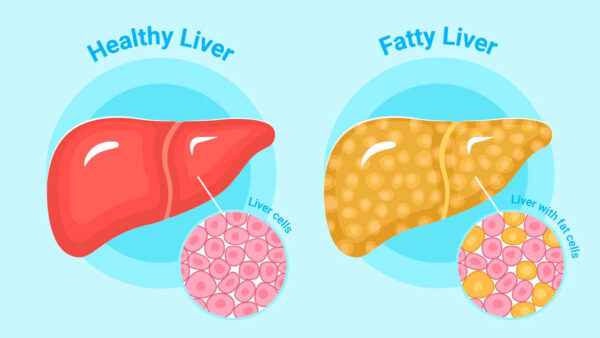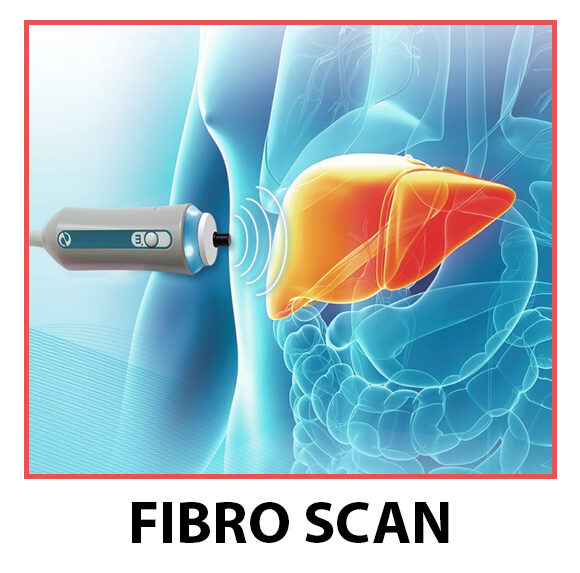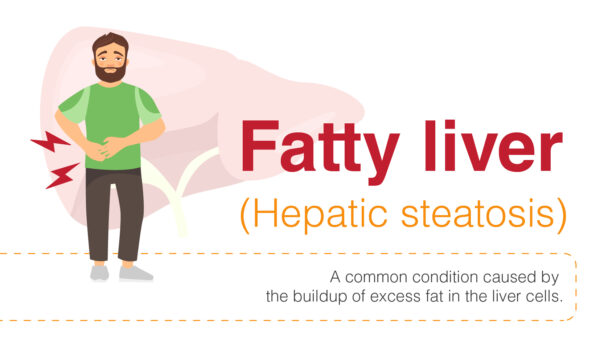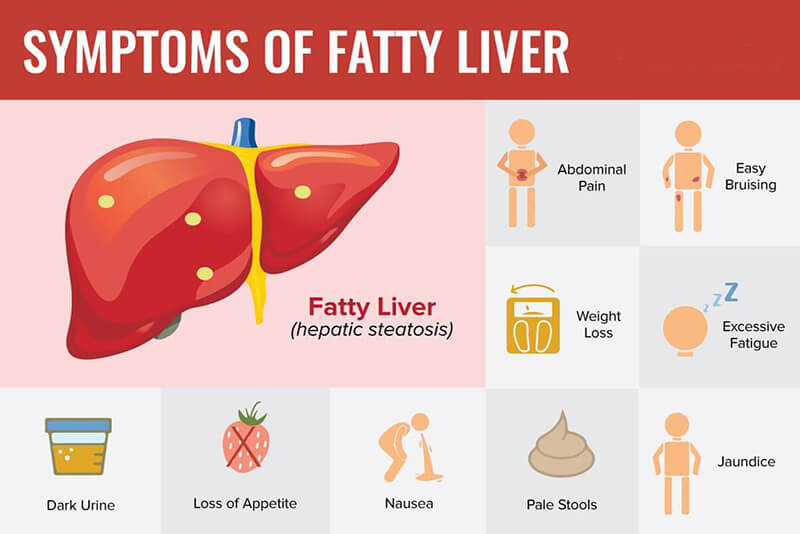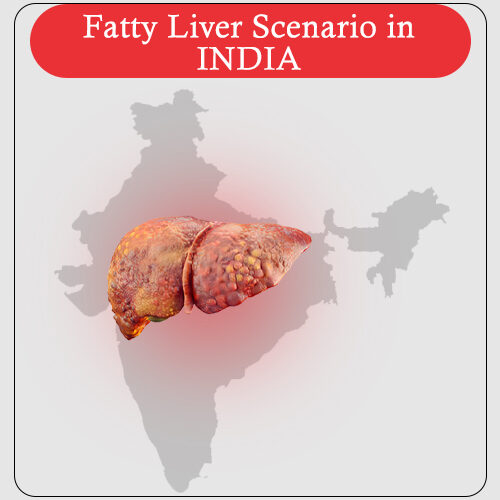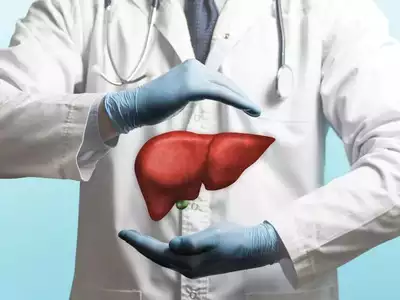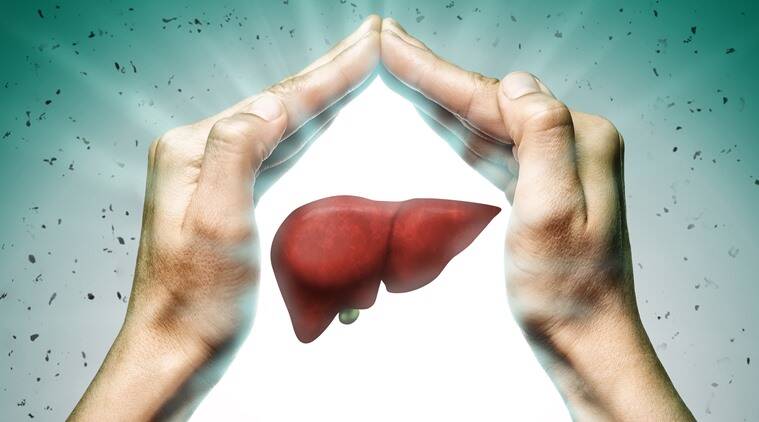Myths about fatty liver
A fatty liver is a condition in which excess fat accumulates in the liver. Fatty liver disease can be caused by excessive alcohol consumption, obesity, diabetes, and other metabolic diseases. Despite the fact that fatty liver disease is common and can be of serious medical concern, there are many myths associated with it. 1. You must drink alcohol to develop a fatty liver- This is false; while excessive alcohol consumption is one of the most frequent causes of fatty liver disease, unhealthy diets and obesity can also cause it. In fact, some studies estimate that up to 20 percent of people with nonalcoholic fatty liver disease have no history of drinking at all. 2. A diet high in fat will cause a fatty liver- Not necessarily; an unhealthy diet full of processed foods and simple carbohydrates may contribute to the development of a fatty liver just as much as an unhealthy diet full of fats does. It’s important to note that there are different types of dietary fats – saturated vs unsaturated – and those should be taken into consideration when evaluating your diet for its potential contribution to developing a fatty liver. 3 . Weight loss isn’t necessary for treating nonalcoholic fatty Liver Disease- While weight loss alone may not cure nonalcoholic steatohepatitis (NASH), it can improve symptoms significantly — as well as reduce risk factors such as elevated cholesterol levels or insulin resistance that are linked to NAFLD/NASH progression — so healthy lifestyle changes including exercise and a balanced diet are encouraged for those who suffer from this condition. Additionally, medications may also help treat NASH when lifestyle changes don’t produce enough results on their own or if underlying conditions like diabetes cannot be managed through lifestyle alone. 4 You cannot reverse or cure NFALD/NASH- Reversing NAFLD/NASH entirely might not be possible but significant improvements can be made by following healthy lifestyle choices such as following an appropriate exercise program combined with dietary modifications recommended by your doctor; these efforts often result in improved outcomes like better energy levels and enhanced quality life overall
Myths about fatty liver Read More »

